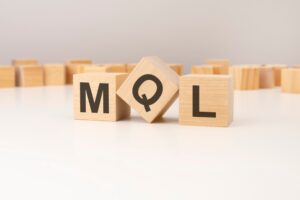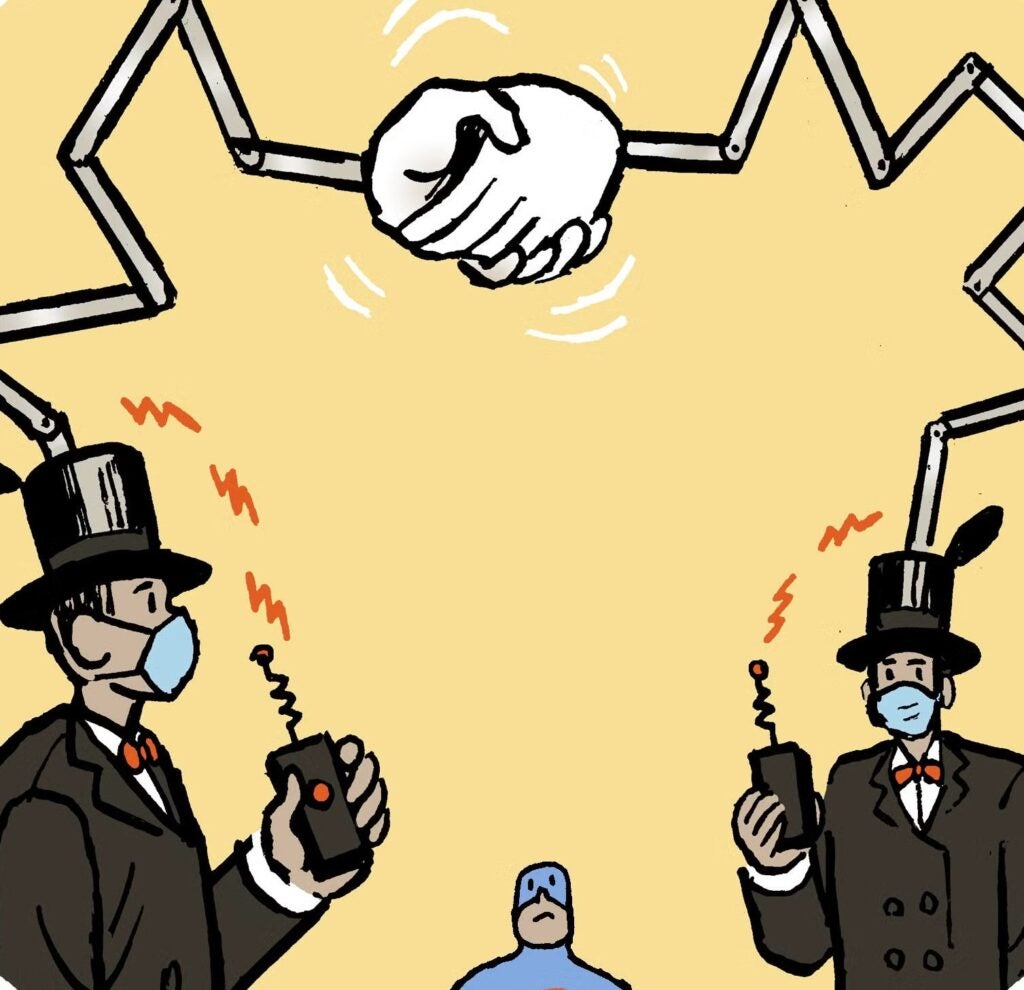Today’s B2B buyer no longer sees talking to a vendor as the first stop on their road to making a purchase.
By the time most purchasers start talking to a salesperson, they’ve already done their own research via web searches, social media, online reviews and numerous other sources.
“The way we do business has changed drastically,” said John Neeson, managing director of Sirius Decisions, at the recent Sirius Decisions Summit in San Diego. “Salespeople thing they’re going into a discovery call and suddenly find them self neck deep in negotiations.”
A Sirius Decisions survey found that salespeople cited buyers being more informed than ever, thanks to access to more data and peer networks online as their number one concern. This was followed by buyers requiring more and earlier ROI, and buyers being less likely to engage vendors earlier, instead preferring to try and figure out things on their own.
For salespeople, key inhibitors to their success include insufficient leads, too many products or offerings to know, and not enough knowledge about their industry or solution.
“Prospects want to speak to a salesperson who can quickly communicate the value of their [brand’s] proposition,” said Neeson.
This means that salespeople no longer focus as much attention on the education phase of the process when it comes to nurturing leads, said Neeson. “Thought leadership and subject matter expertise are their best shot. That’s a dramatic change. Salespeople have said they want to focus more on where they can be more effective.”
When buyers get to the point where they are considering solutions, they have already positioned in their mind the vendor and their offering. “They’ve probably even looked the salesperson up on linked in, looked at the company website and put them in a bucket,” said Neeson.
At this point, it is important to be able to demonstrate an ROI for your solution, but it must be highly customized to the prospect’s needs. “Buyers have connected more with their peers at this vendor selection phase, and [are listening to] industry analysts,” said Neeson. “More people are involved in the decision process than ever before.”
For salespeople, this means that essentially the top third of the buying process is gone, meaning it is essential to try and get into the buyer’s journey earlier in the game.
“Marketing has to be more effective and there must be more alignment between sales and marketing,” Neeson said, noting that salespeople say they would benefit from pipeline acceleration programs, better leads and initiatives they can launch themselves to connect with buyers. “They want help doing their own marketing.”
Not surprisingly, Sirius Decisions’ buyer research shows the same thing, from the other side of thee coin. Buyers admit they are talking with peers in their personal networks in the research phase in social media, and want content to help in their process. “They want inbound marketing,” said Neeson, noting things like ROI calculators and demos are particularly appealing. “They’ll respond to outbound, but it needs to be in the form of content like case studies and analyst reports.”
Sirius Decisions’ buyer survey showed that when the CEO is making the decision to purchase, previous company experiences were the number one factor, followed by the influence of customer references, the relationship with the salesperson, the perception of the brand and then what peers say.
“Peer opinions were more important during the education process, but not so much when making the decision,” said Neeson.
How can salespeople get buyers’ trust? According to the survey, the key is demonstrating deep expertise about their industry (35%), followed by deep expertise about the buyer’s company (33%), showing he/she cares about the buyer’s persona success (21%) and then cultivating a personal relationship with the buyer (8%).


 Network
Network

